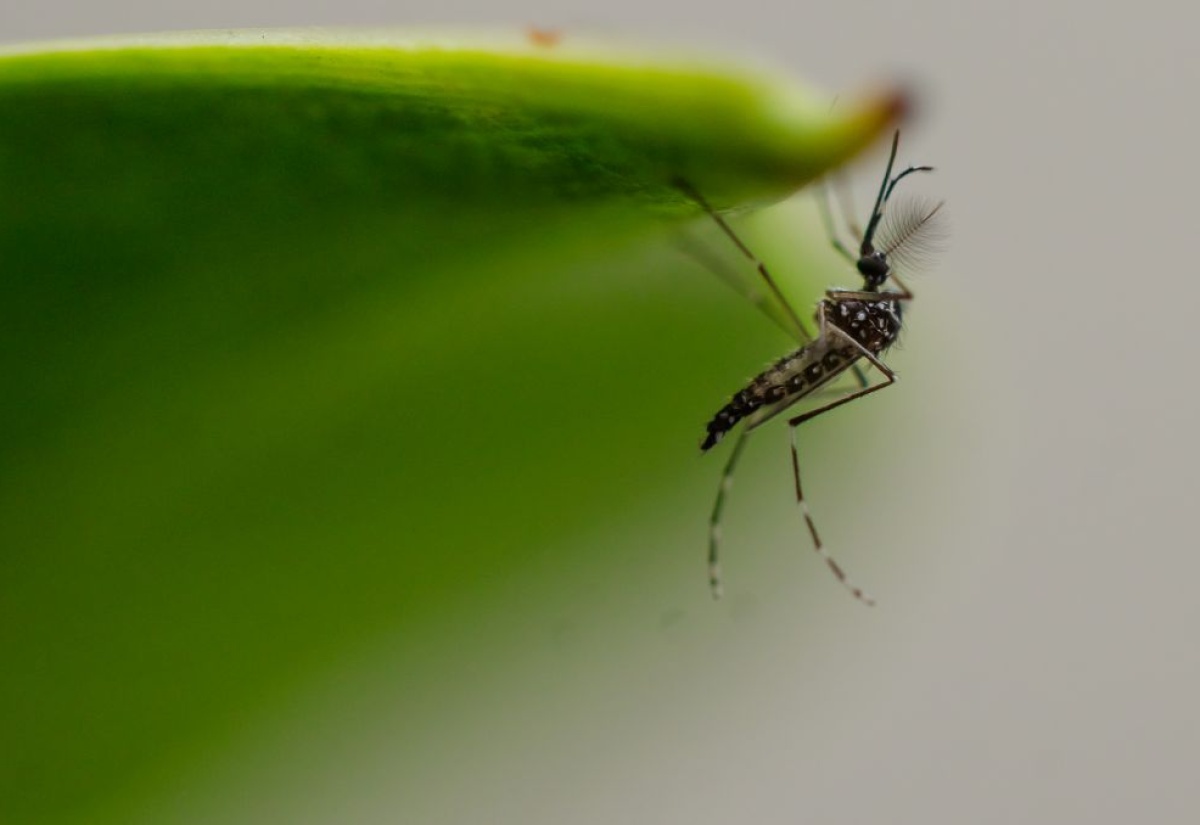Jamaicans Urged to Rid Surroundings of Mosquito Breeding Sites
By: , February 1, 2016The Key Point:
The Facts
- Dr. Ennis is also advising householders to open up their windows and doors whenever fogging exercises are taking place in their communities.
- The illness is usually mild with symptoms lasting from several days to a week. Severe illness requiring hospitalisation is uncommon.
The Full Story
Citizens are again being urged to rid their surroundings of mosquito breeding sites to prevent the spread of the Zika Virus (Zik V) in the country.
This call comes from Principal Medical Officer and Director of Emergency, Disaster Management and Special Services at the Ministry of Health, Dr. Melody Ennis.
“The onus is on each and every one of us to ensure that our surroundings are Aedes aegypti free,” she said while speaking at a public forum on Zik V staged by the Hugh Lawson Shearer Trade Union Education Institute (HLSTUEI) at the University of the West Indies open campus in St. Andrew on January 28.
ZikV is transmitted by the Aedes aegypti mosquito, which is found in and around areas where people live, work and play. The first case of the virus in Jamaica was confirmed by the Ministry on January.
The Government had been ramping up its Zik V preparation and response measures through drain and gully cleaning, bushing, training, mobilisation of health information officers, distribution of nets to cover water drums, and public education through town hall meetings, distribution of flyers, and town criers.
Dr. Ennis pointed out, however, that these measures cannot be successful without the full participation of community members.
She reminds that the mosquito is domesticated, so while the cleaning of drains is critical and important, “the primary place where you’re going to find this mosquito is in and around the home, school, work and church.”
Dr. Ennis is advising persons to, at least once a week, search for and destroy possible breeding sites and cover drums, where drinking water is stored.
In addition, they should check the toilet, soap dish, flower pot saucer, letter box, dish drainer, vases, tyres and other areas where water can settle and scrub the containers to remove any mosquito larvae.
Dr. Ennis is also advising that holes be punched in discarded receptacles.
Tyres and 55 gallon water storage drums have been found to be the major breeding sites for the mosquito in Jamaica.
Dr. Ennis is also advising householders to open up their windows and doors whenever fogging exercises are taking place in their communities.
Nineteen other countries in the Americas have confirmed the outbreak of ZikV. These are Barbados, Bolivia, Brazil, Colombia, Ecuador, El Salvador, French Guiana, Guatemala, Guyana, Haiti, Honduras, Martinique, Mexico, Panama, Paraguay, Puerto Rico, St. Martin, Suriname and Venezuela.
ZikV is from the same family of viruses as dengue and Chikungunya, and share some similar symptoms, which include fever, joint and muscle pain, headache, weakness, rash and swelling of the lower limbs. Conjunctivitis is a symptom is ZikV.
The illness is usually mild with symptoms lasting from several days to a week. Severe illness requiring hospitalisation is uncommon.
The forum, entitled ‘The Zika Virus and You’ sought to provide the stage for Ministry of Health officials to engage workers in a structure way to relay essential information about the Zika Virus and the steps to be taken to mitigate its effects at home and in the workplace.


